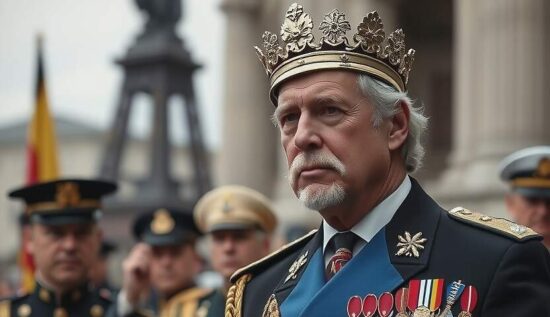EU officials are working on a range of measures to protect the EU’s sanctions against Russia from a potential veto by Hungary. According to the Financial Times, Brussels is considering the application of a law passed 81 years ago, which concerns the powers of the Belgian monarch.
The EU must renew its sanctions against Russia every six months. In December 2024, Hungarian Prime Minister Viktor Orbán told the country’s state and government leaders that he would likely block an extension, which would render the restrictions invalid after January 31, 2025. Bloomberg reported at the time that Orbán was waiting for the inauguration of the designated US president before making a decision on the sanctions’ extension.
On Friday, Orbán told the Kossuth radio that the world would enter a new era with Trump’s inauguration, and the EU should adapt to the new situation, abandon the anti-Russian sanctions, and re-establish relations with Moscow without sanctions.
While EU officials are trying to persuade Orbán, Brussels is seeking measures to at least preserve some of the sanctions. According to the FT, around €190 billion in frozen Russian assets, currently managed by the Belgian clearing company Euroclear, are in focus. Brussels plans to use the profits from these funds to finance loans to Kiev and as a leverage during possible negotiations over a ceasefire with Moscow.
If the sanctions are lifted, the money “will be in Russia the next day” as financial institutions would no longer have a reason to hold it, a named EU official told the FT.
Four additional officials familiar with the discussions said that, under these circumstances, a decree from the Second World War could be used. The 1944 law allows the Belgian king to prohibit the transfer of assets from the country. It is still unknown whether this option has been discussed with King Philippe, as a spokesperson for the royal household stated that the decision regarding the decree does not fall within the monarch’s purview, but rather that of the government.
Orbán’s persistence in opposing the EU’s Russia policy has repeatedly caused frustration in Brussels, with several member states now calling for Hungary’s voting rights to be suspended.





